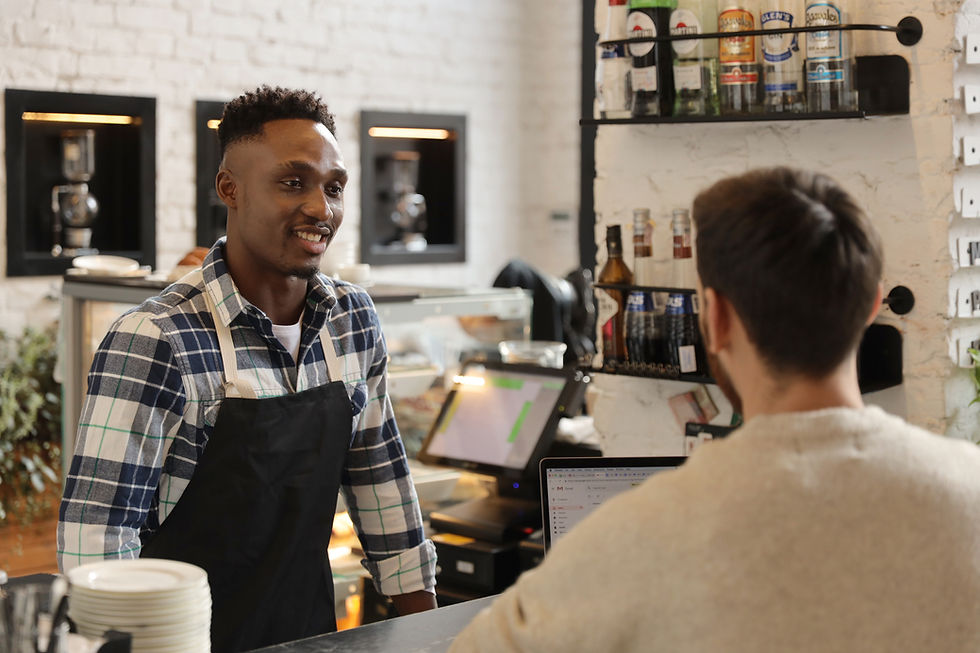Why Marketing Is Important for Events
- Matthew Dorrington

- Nov 7, 2025
- 3 min read
The Role of Marketing in Event Success
Planning an event is exciting, but no matter how good the idea or how experienced the organiser, an event only succeeds if people actually turn up. That’s where marketing makes all the difference.
Good marketing ensures the right people hear about your event, understand what it offers, and feel motivated to take part. Whether you’re running a local networking evening or a national conference, the way you communicate your message can shape everything from attendance levels to overall experience.

Building Awareness Before the Event
One of the main reasons marketing is so important for events is awareness. Even the most creative event idea can easily go unnoticed if it isn’t visible to the right audience.
A clear marketing plan helps you tell people what your event is about, why it matters, and how they can get involved.
This could include optimising your event webpage for search, sharing updates on social media, or reaching people through email newsletters. The goal is to make sure your target audience sees your event as something worth adding to their calendar.
Start your planning early, ideally several weeks ahead and build momentum gradually. A mix of consistent messaging and authentic storytelling helps build curiosity long before ticket sales open.
If you’re unsure where to begin with your promotional plan, our team at Tootle Works can walk you through how to structure your event marketing strategy effectively.
Creating Engagement and Excitement
Marketing isn’t just about getting people to notice your event; it’s about helping them feel connected to it. Regular communication builds anticipation, especially when you share content that gives people a glimpse of what to expect.
Behind-the-scenes videos, speaker interviews, or short posts about your planning process all help your audience feel involved. This type of engagement builds trust and a sense of community around your event.
Remember, the way people experience your marketing often sets the tone for the event itself. If your messaging feels organised, warm, and consistent, attendees will expect the same on the day.

Encouraging Attendance and Participation
The most successful event campaigns don’t just talk about the event; they help people see the value of attending. This might mean highlighting key takeaways, showcasing guest speakers, or sharing real stories from past events.
Digital marketing tools such as SEO, paid ads, and social media can all help reach a wider audience, but they work best when your message feels human. Avoid jargon, focus on outcomes, and speak directly to the problems or opportunities your audience cares about.
Every click, comment, and share is part of the journey toward attendance, so think about how each piece of communication encourages people to take that next small step.
Keeping the Conversation Going After the Event
Event marketing doesn’t stop once the lights go out. In many ways, post-event communication is just as valuable as pre-event promotion.
Following up with attendees, sharing highlights or key moments, and posting thank-you messages can help strengthen relationships and set the stage for future events. This kind of thoughtful marketing turns a one-time attendee into a long-term supporter. It also shows new audiences that your brand delivers value, not just hype.
If you’d like to explore how to keep your event audience engaged before, during, and after your event, speak to one of our experts at Tootle Works, we’re always happy to share practical advice.



Comments